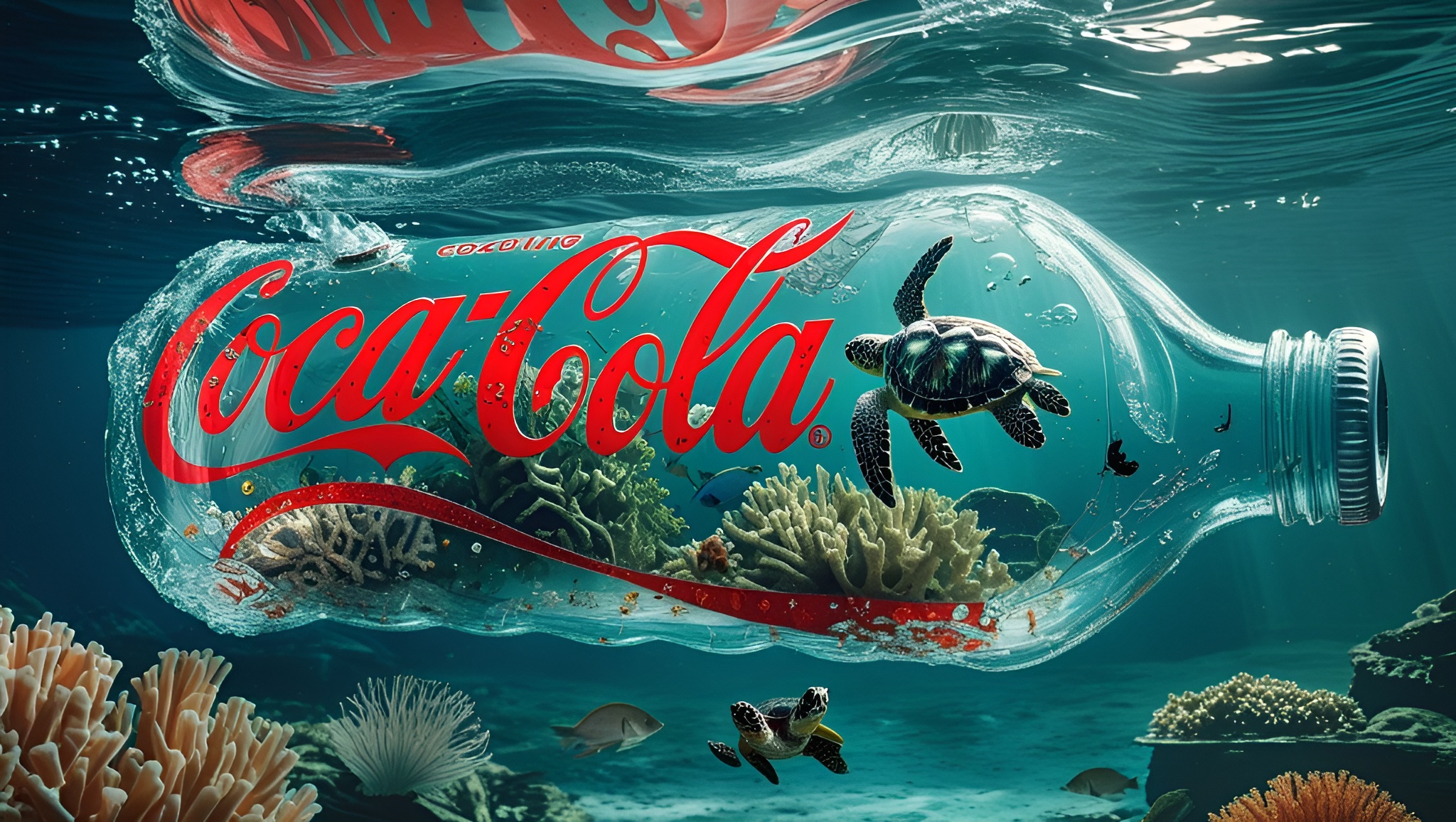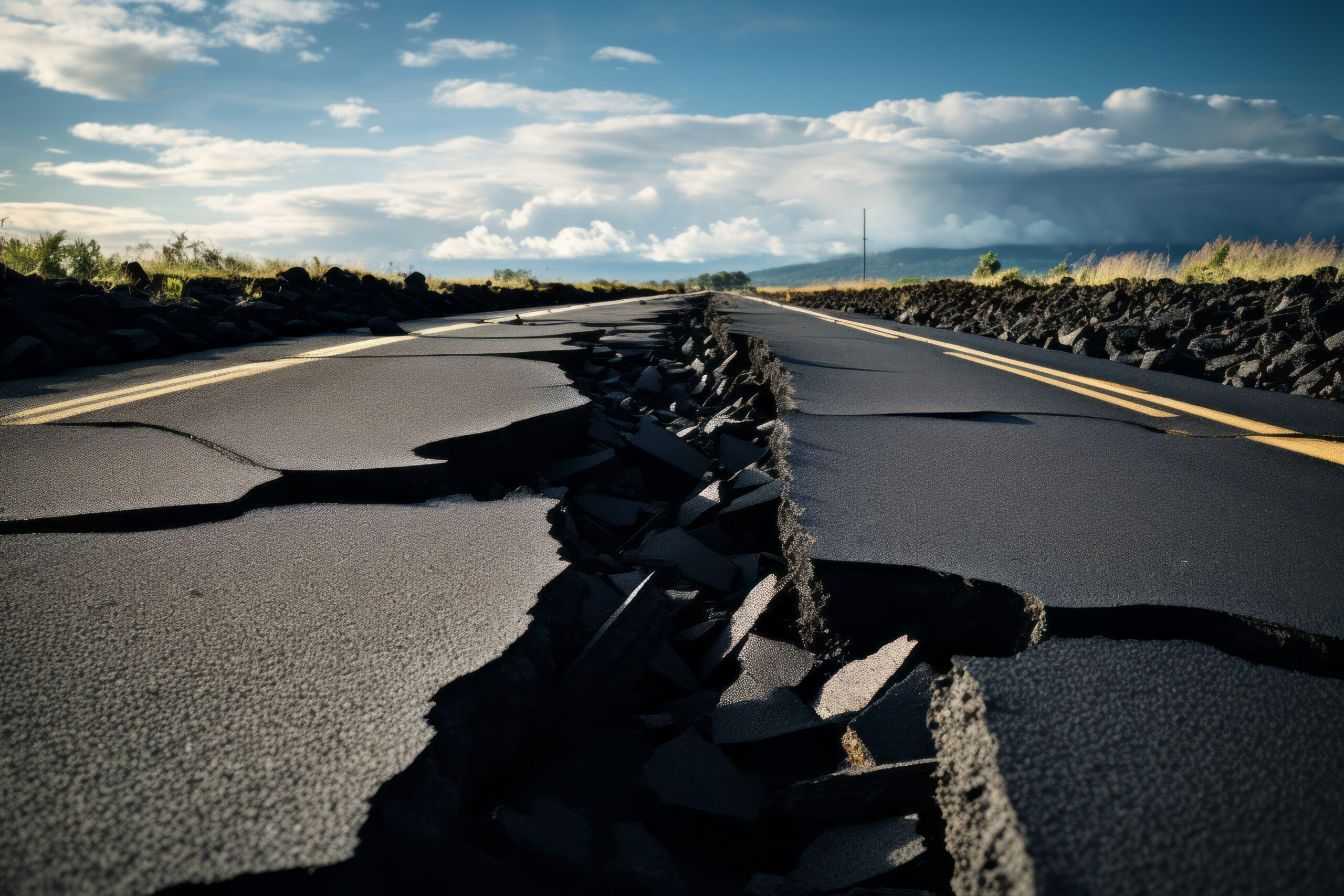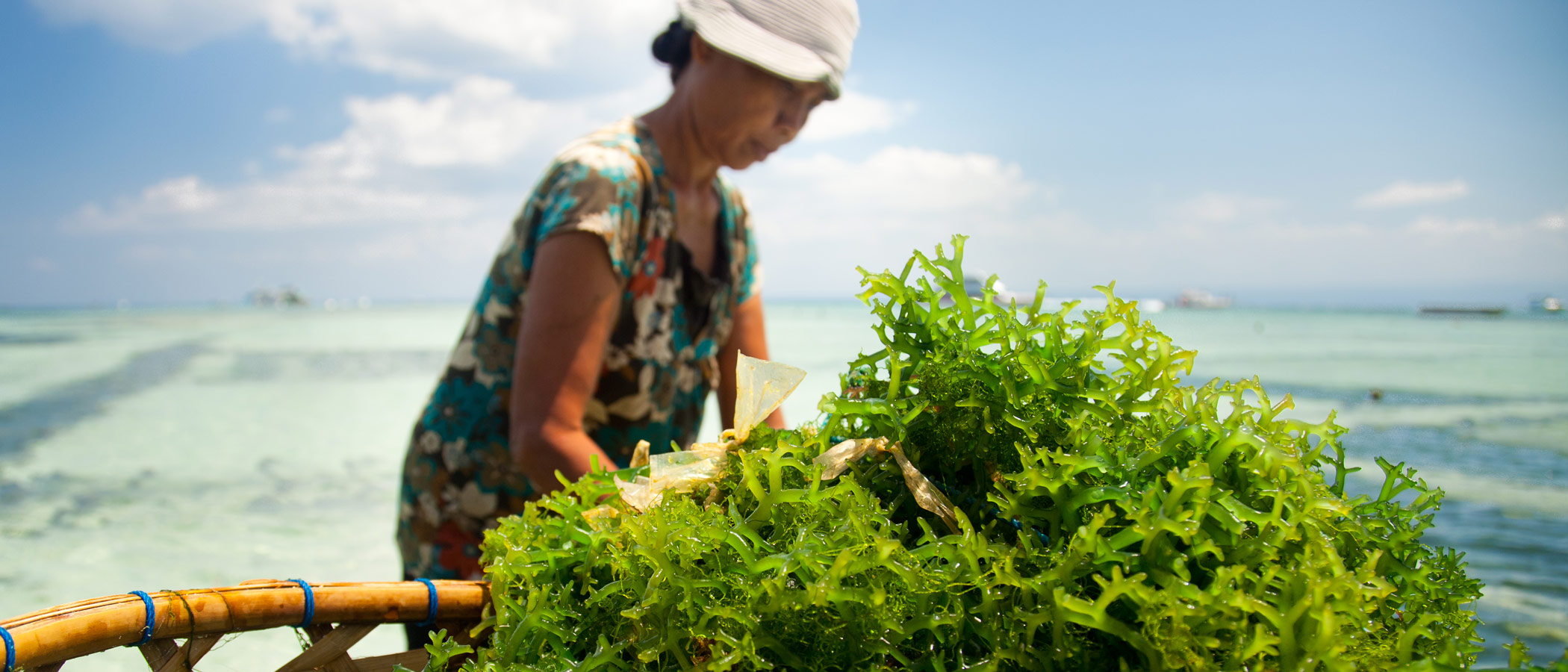Each minute, 1.1 million plastic bottles are being used
globally, accounting for 600 billion plastic bottles annually. In the USA
alone, only 30% of these plastic bottles are being recycled. Globally, 50% of
plastic bottles remain unrecycled. Most of this plastic is left in the
environment, remaining undisposed. Fourteen percent of these unrecycled
plastics, amounting to 14 million tons, end up in the oceans.
It is said that there is more plastic in the oceans than the
number of species in the ocean. While this may be an exaggeration, it is still
not impossible to happen. Research predicts that by 2050, the oceans will
contain approximately 850 million tons of plastic. This figure includes the
total sources of plastic that end up in the ocean. However, specifically,
plastic bottles rank second among the most plastic-polluting sources in the
ocean. This plastic ending up in the ocean is not only a threat to marine
ecosystems but is also affecting human lives significantly.
The plastic bottles that end up in the ocean are both
branded and unbranded. Unethical recycling practices, greenwashing, and not
using disposable packaging methods are the primary causes of this problem. In
this article, we will look at the brands that are the main culprits of this
plastic pollution, why they are failing, the impact of plastic bottles on the
planet, and how to resolve this issue to create a more sustainable, less
plastic-dependent ecosystem.
Beverage Companies and Their Practices
A study conducted by Science Advances, using 100,000 volunteers in 84 countries collecting 1.8 million pieces of plastic bottles from different locations, found that more than 50% of the bottles were branded. The top five brands accounting for most of the branded plastic bottle pollution were Coca-Cola, PepsiCo, Nestlé, and Danone. Among them, Coca-Cola was the biggest contributor, responsible for 11% of plastic bottle pollution. Coca-Cola has been the leading plastic bottle polluter globally since 2018.
Not only Coca-Cola, but many other beverage companies are doubling their plastic bottle production each year. Plastic pollution linked to Coca-Cola and PepsiCo can be found in more than 40 countries worldwide. These four companies alone account for 25% of the global water bottle pollution. Despite causing such massive plastic pollution, these beverage companies use only 6.6% recycled plastic in their production.
These brands are not only causing massive plastic pollution but are also employing unethical greenwashing methods to mislead consumers. In 2024, New York State filed a lawsuit against PepsiCo for mass water body contamination caused by plastic waste. Similarly, brands like Coca-Cola and Lipton were sued for falsely labeling their products as recyclable.
Nestlé claimed to have created sustainable recycling infrastructure in all operating states, but complaints were filed regarding inconsistencies. PepsiCo pledged to produce their bottles from 100% recycled plastic by 2025. However, their production of plastic-bottled beverages has been increasing significantly, leading consumers to question the brand’s true commitment to sustainability.
All these brands are making false claims and greenwashing consumers into buying more products. Despite causing massive plastic pollution, these companies are still not adhering to efforts to bring change in the unsustainable, plastic-dependent beverage industry. Instead, they are merely making false claims about their sustainable practices.
The Impact of Plastic Bottle Pollution
There are two major impacts of plastic bottles: one during the production process and another after the bottles are discarded in the environment.
In the production process, plastic is primarily made from fossil fuel-based oils, and a very low percentage of plastic bottles are created from recycled plastics. During production, a significant amount of greenhouse gases are emitted. The production of a single plastic bottle emits 825 grams of carbon dioxide, resulting in 41 million metric tons of carbon dioxide emissions per year in the USA. This is equivalent to the emissions of 9 million gasoline-powered cars, severely impacting the environment.
Another negative impact of the plastic bottle production process is the large amount of natural resources required. The production of a single plastic water bottle requires up to three times the amount of water contained in the bottle itself.
Most plastic bottles end up in landfills, mountains, and oceans. In these areas, plastic bottles disrupt ecosystems. While plastic can be collected more easily from land areas, it is much harder to recover the plastic that enters water bodies.
Marine life is significantly harmed by the accumulation of plastics in the ocean. Plastic pollution in the oceans has become a global issue. In addition to harming marine biodiversity, plastic contains microplastics. Microplastics easily mix with water, rendering it harmful for both marine and human life.
Research shows that microplastics can cause hormonal and immune system dysfunction. Some studies also suggest that microplastics may contribute to diseases such as cancer.
Possible Solutions
Currently, no beverage company produces 100% recycled plastic bottles. However, some brands do produce a significant number of bottles from recycled plastics.
Companies should explore alternative solutions other than plastic bottles, such as glass, aluminum, or refillable systems. Paper-based packaging can also be considered for certain types of beverages. On average, 25% of carbonated drinks can be packaged using paper-based solutions.
Researchers are also exploring ways to create biodegradable plastic-based solutions. Companies need to support these research efforts and adopt new technologies in their packaging. Biodegradable plastics decompose much faster than traditional plastic.
Companies must adopt policies and holistic measures to properly recycle their plastic waste rather than misleading consumers through greenwashing. False claims erode consumer trust. Only by adopting sustainable packaging policies and practices can the beverage industry bring about meaningful change.
Consumers also play a crucial role in reducing plastic waste. Most people are not aware of the proper disposal methods for plastic bottles. Plastic bottles should be disposed of in appropriate recycling bins to facilitate easier collection and recycling.
Change in the beverage industry will not happen overnight. No company can completely switch to sustainable plastic bottle solutions immediately. However, consumers expect companies to provide transparency regarding the sources and practices involved in plastic production.
It is the responsibility of both companies and consumers to ensure the proper recycling of plastics and to adopt sustainable practices. Only by fulfilling the responsibilities of both parties can we bring about change in the beverage industry and protect the environment from plastic pollution.





